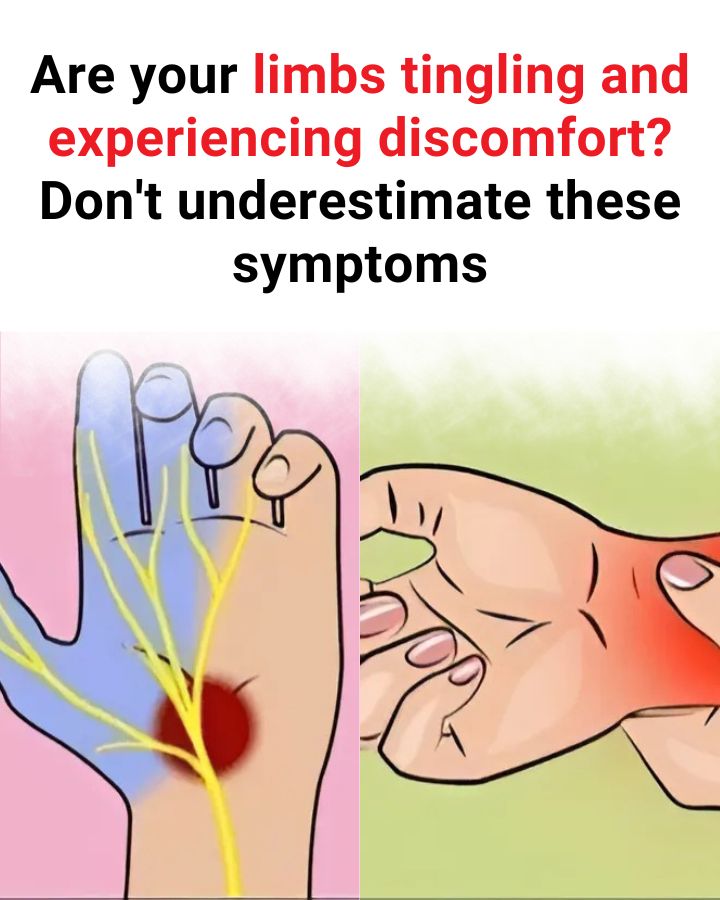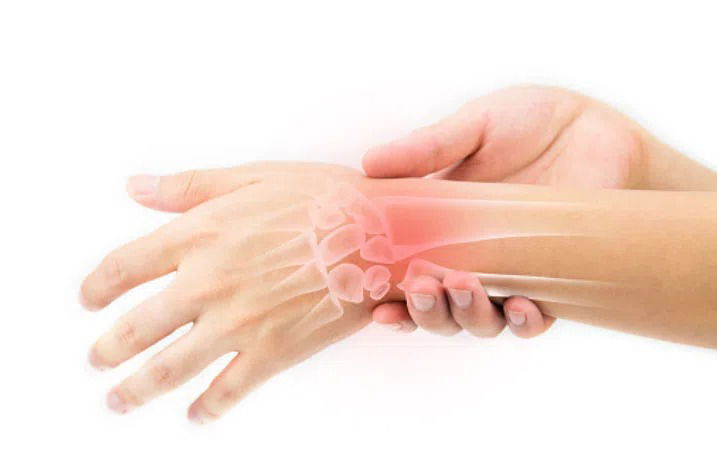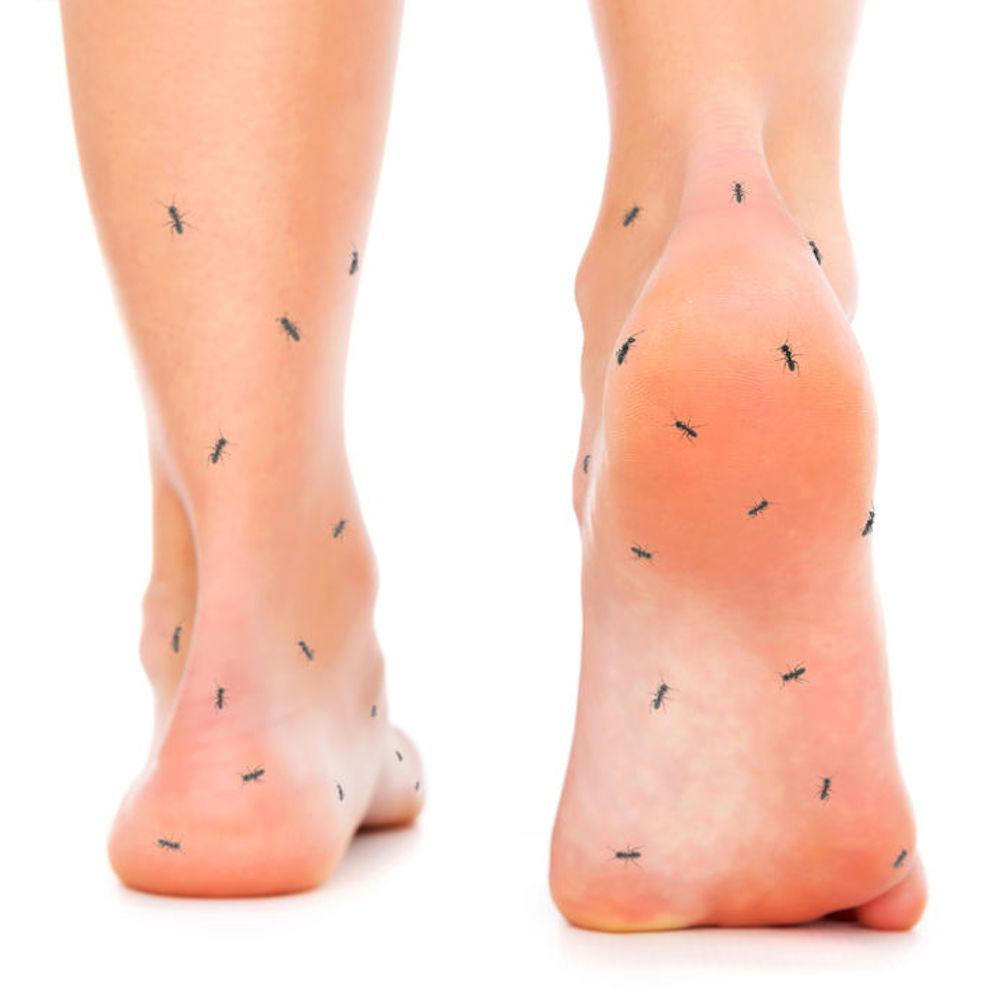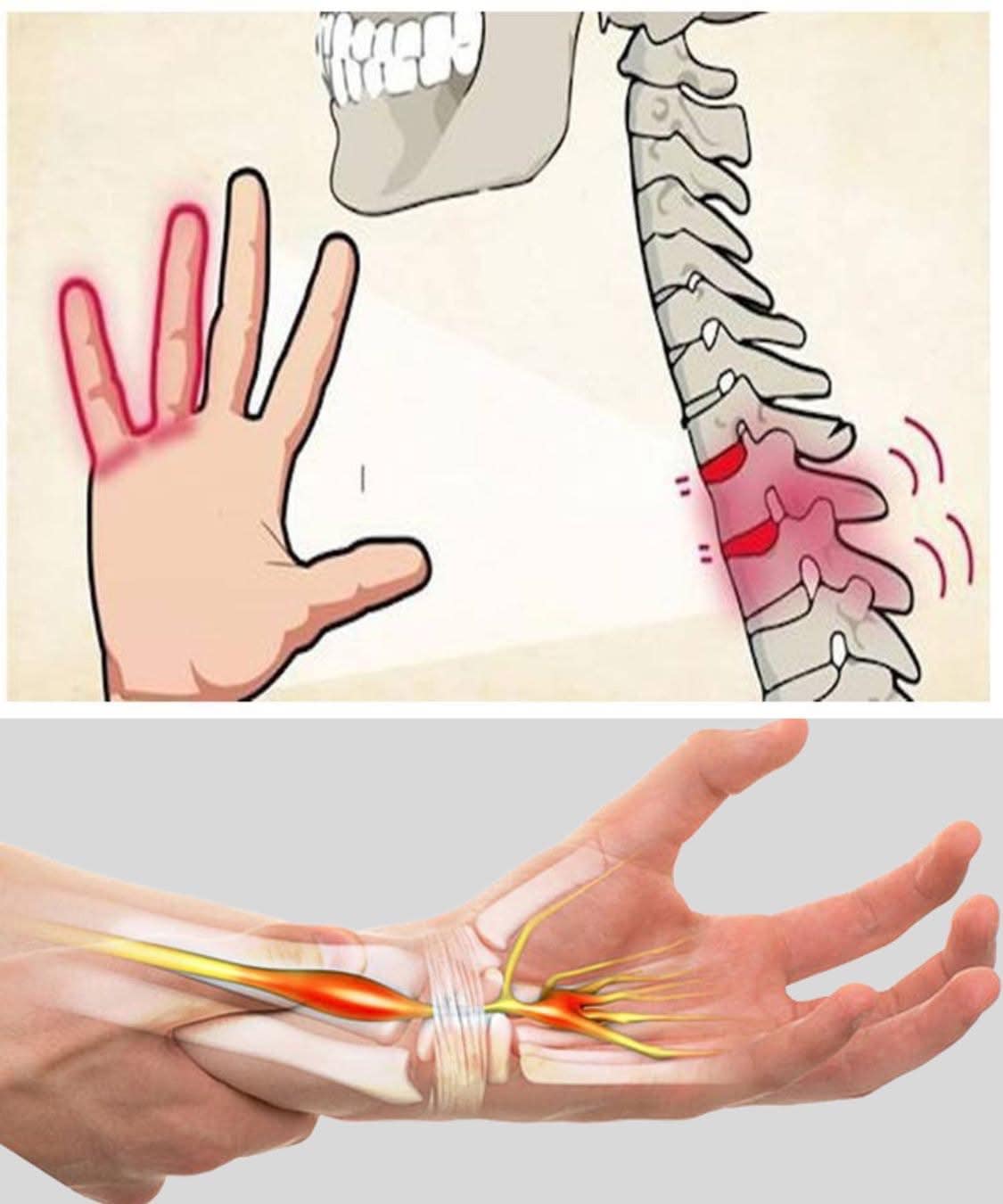
Numbness and tingling in the hands and feet can be alarming. These sensations may indicate temporary nerve compression or dysfunction, which often resolves once the underlying cause is removed. However, they can also be signs of more serious health conditions.
Common Symptoms
Key symptoms associated with these issues include:
- Pain accompanied by tingling
- Loss of sensation in the affected area
- Unusual skin temperature (either cold or hot)
Potential Causes
Vitamin Deficiency
A lack of essential vitamins, such as B1, B2, B6, B12, and E, can contribute to these symptoms. On the other hand, excessive intake of vitamins D and B6 may lead to similar issues.

Infections
Certain infections, including herpes, shingles, or more severe conditions like HIV/AIDS, can trigger tingling and temperature sensitivity in the skin. Proper diagnostic tests, such as blood work, can help rule out these causes.
Injury
Nerve damage from injuries can lead to tingling sensations. This may result from prolonged improper movement (e.g., lifting heavy objects incorrectly) or conditions like a spinal hernia. Even unnoticed injuries from intense physical activity can be a factor.
Alcohol Consumption
Alcohol is toxic to the body and can lead to nerve damage, known as alcoholic neuropathy. While occasional drinking is generally not harmful, frequent alcohol consumption significantly increases the risk of long-term nerve damage.

Exposure to To.xins and Medications
Certain environmental toxins, such as lead, arsenic, or mercury, can cause nerve damage. Additionally, some medications, including antibiotics and chemotherapy drugs, may produce similar symptoms. If you suspect a medication is responsible, consult your doctor about possible alternatives.
Underlying Health Conditions
Various systemic diseases, such as liver disorders, blood diseases, hormonal imbalances, and diabetes, can cause sensory disturbances in the limbs. Seeking medical attention promptly is crucial to prevent worsening symptoms and ensure timely treatment.
Numb Hands: Is It Normal or a Sign of a Problem?

Have you ever felt your hands go numb or experience tingling without any clear reason? This sensation, known as paresthesia, can manifest as tingling, numbness, or even a temporary loss of feeling in the hands and fingers. In most cases, it is harmless and short-lived. However, if it occurs frequently or lasts for an extended period, it could be a sign of an underlying health issue.
Causes of Hand Numbness
Hand numbness is often caused by nerve compression or poor circulation. Some of the most common reasons include:
Poor Posture or Prolonged Pressure
Sleeping in an awkward position or resting your arm on a hard surface for too long can put pressure on nerves and reduce blood flow, leading to temporary numbness.
Carpal Tunnel Syndrome
This occurs when the median nerve running through the wrist becomes compressed due to repetitive movements, inflammation, or conditions like arthritis. It can cause tingling sensations and weakness in the hands.

Circulatory Problems
Poor blood circulation, often linked to conditions such as diabetes or high blood pressure, can restrict blood flow to the extremities, resulting in numbness or tingling sensations in the hands.
If hand numbness becomes persistent or worsens over time, consulting a healthcare professional is essential to identify any underlying conditions and receive appropriate treatment.

















